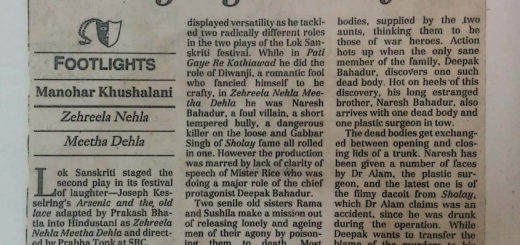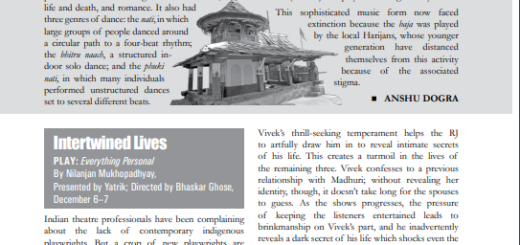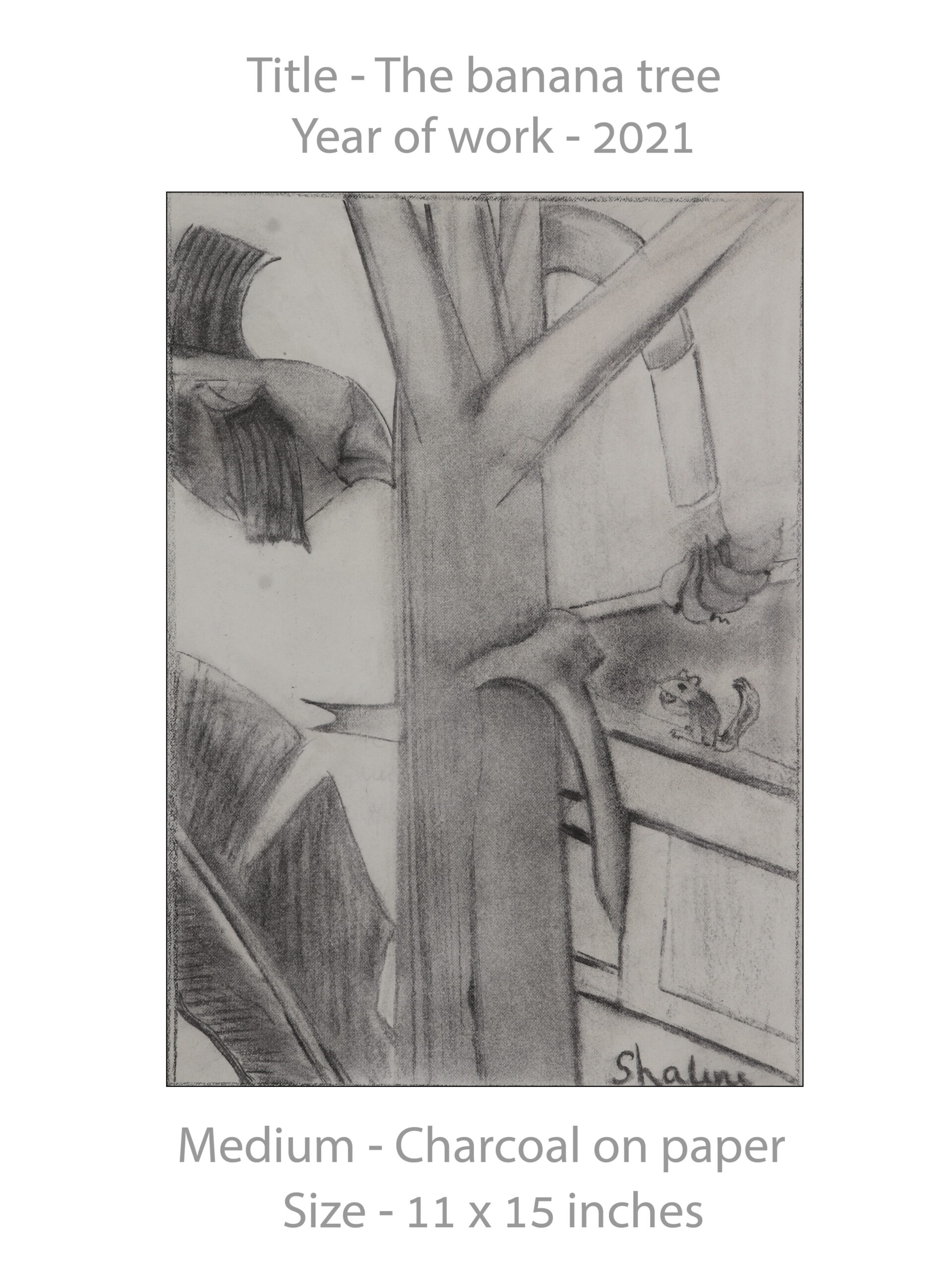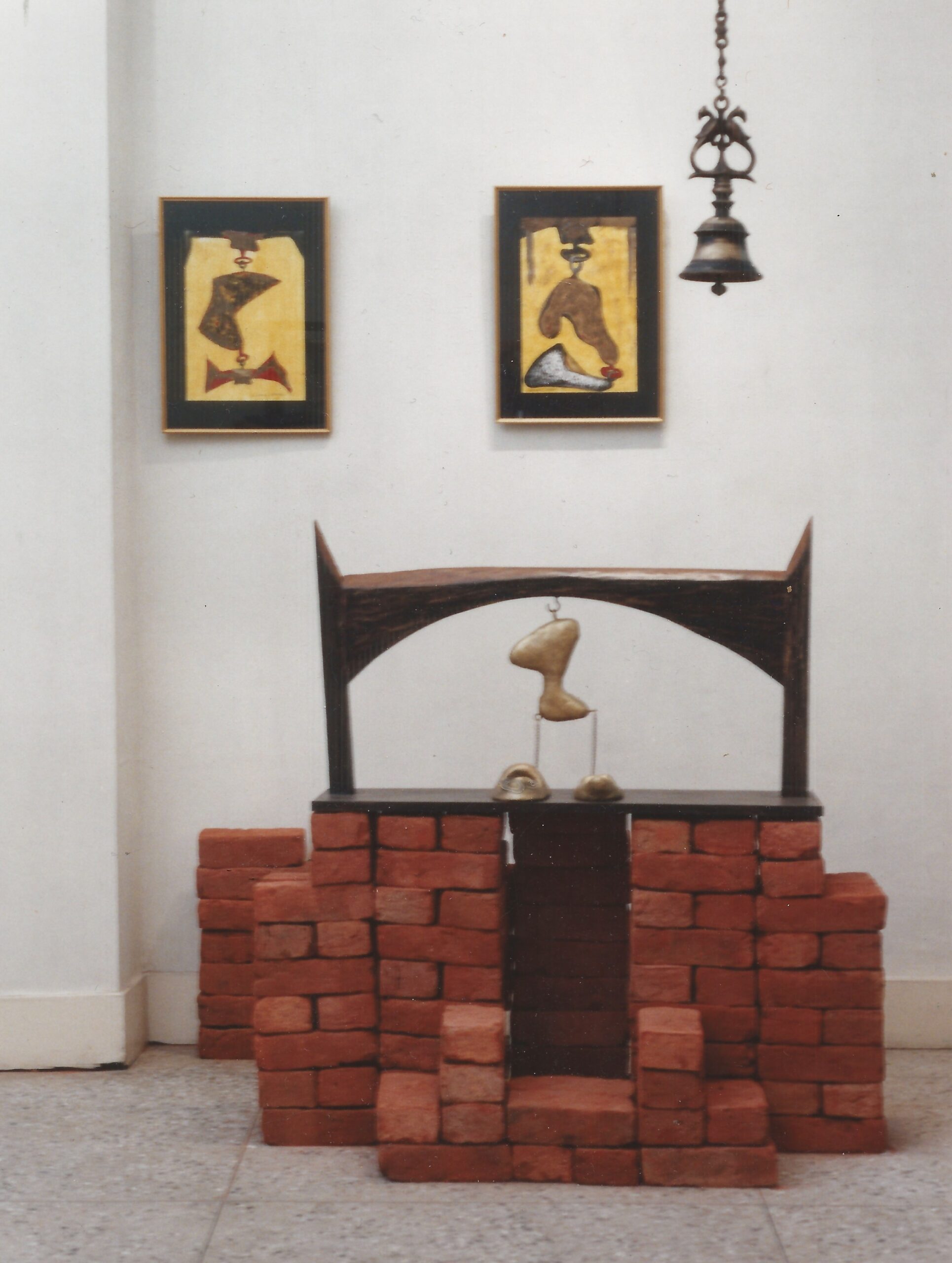Balladyna
The Play
Balladyna and Alina are sisters who live with their mother in a poor hut in the middle of a forest. A nymph Goplana – the queen of the Gopło Lake – is in love with Balladyna’s beloved, Grabiec, and because of her jealousy she intervenes in peoples’ lives and changes their destiny. To the sisters’ hut comes a rich prince Kirkor, who was led there by Skierka, Goplana’s servant. Goplana wanted Kirkor to fall in love with Balladyna so that Grabiec could be just hers. However, Skierka made a mistake and Kirkor fell in love not only with Balladyna, but also Alina. In order to get a husband, the sisters compete with each other in collecting raspberries; the one who fills a pitcher first will marry Kirkor. When Balladyna finds out that Alina is winning, she kills her with a knife.
Director’s Note Balladyna becomes the Polish queen (“against contradictions and history,” as the author says). Her career is a band of crimes and lies, but also a hell of remorse and horror. She is constantly accompanied by the
belief that someone else controls her life. It was the enraged Goplana, the malicious sister, the possessive, the primitive mother, and in the background men obsessed with power. Although Slowacki’s work is almost 200 years old, the question of whether to stop the machine of evil and live honestly after reaching one’s dream destination remains as up-to-date. The world is changing: instead of legends, we have a virtual reality, instead of a sword, sophisticated tools of crime, but human feelings, ambitions, hatred and jealousy remain the same.
The Director
Katarzyna Deszcz is a graduate of the Faculty of Law at the Jagiellonian University and the Faculty of Direction in Drama at the Academy of Fine Arts in Cracow. In 1982, together with her husband Andrzej Sadowski, she founded the Mandala theater group in Cracow, which exhibited nearly twenty experimental shows on stage in thirty-four countries. In the repertoire she has been directing since 1991, initially with her husband. In 1995, she collaborated with the Scarlet Theater in London, where she has been working on projects in England, Ireland and Scotland. She conducts workshops for directors and actors in theater centers in Poland, England, Egypt, India, Ireland, Japan, Germany and the USA. In 1993-94 she was a lecturer at the English Dartington College of Art in Devon. In the years 1999-2008 she was a lecturer at the Academy of Fine Arts in Cracow. The Playwright Juliusz Słowacki was a Polish Romantic poet. His works often feature elements of Slavic pagan traditions, Polish history, mysticism and orientalism. His style includes the employment of neologisms and irony. His primary genre was the drama, but he also wrote lyric poetry. His most popular works include the dramas Kordian and Balladyna and the poems Beniowski and Testament mój. The Group The Aleksander Węgierko Drama Theater, in Białystok, is the only facility of this sort in the Podlaskie Voivodship. Its main stage can hold as many as 500 audience members. Along with mainstream
productions, the group also has a selection of performances for young viewers i.e. adaptations of classic
literature for children as well as staging of contemporary fairy tales.
Cast & Credits
| Woman III | Danuta Bach |
| Balladyna | Justyna Godlewska-Kruczkowska |
| Woman I | Arleta Godziszewska |
| Widow | Krystyna Kacprowicz-Sokołowska |
| Alina | Urszula Mazur Goplana KatarzynaSiergiej |
| Woman II | JolantaSkorochodzka |
| Sparkfire | Monika Zaborska-Wróblewska |
| Von Kostrin | Bernard Bania |
| Chancellor | Andrzej Sadowski |
| Impling | Patryk Ołdziejewski |
| Servant, Man II | Sławomir Popławski |
| Gralon, Man I | Piotr Szekowski |
| Hornbeam | Marek Tyszkiewicz |
| Hermit | Franciszek Utko |
| Kirkor | Leszek Żukowski |
| Costumes | Andrzej Sadowski, Elżbieta Wysocka |
| Music | Katarzyna Deszcz, Patryk Ołdziejewski |
| Visualizations | Krzysztof Kiziewicz |
| Stage manager | Jerzy Taborski |
| Scenography | Andrzej Sadowski |
| Playwright | Juliusz Słowacki |
| Direction | Katarzyna Deszcz |










